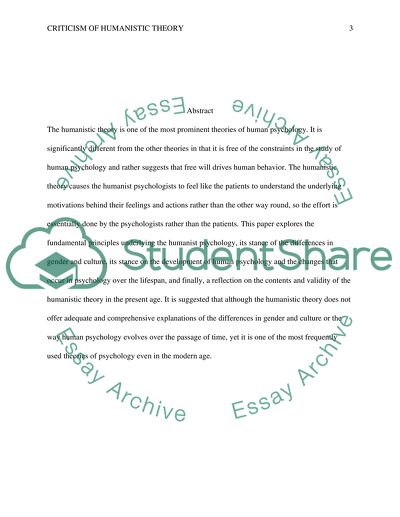Cite this document
(“Criticism of Humanistic Theory Research Paper Example | Topics and Well Written Essays - 2000 words”, n.d.)
Criticism of Humanistic Theory Research Paper Example | Topics and Well Written Essays - 2000 words. Retrieved from https://studentshare.org/psychology/1467982-write-a-paper-which-critiques-the-humanistic
Criticism of Humanistic Theory Research Paper Example | Topics and Well Written Essays - 2000 words. Retrieved from https://studentshare.org/psychology/1467982-write-a-paper-which-critiques-the-humanistic
(Criticism of Humanistic Theory Research Paper Example | Topics and Well Written Essays - 2000 Words)
Criticism of Humanistic Theory Research Paper Example | Topics and Well Written Essays - 2000 Words. https://studentshare.org/psychology/1467982-write-a-paper-which-critiques-the-humanistic.
Criticism of Humanistic Theory Research Paper Example | Topics and Well Written Essays - 2000 Words. https://studentshare.org/psychology/1467982-write-a-paper-which-critiques-the-humanistic.
“Criticism of Humanistic Theory Research Paper Example | Topics and Well Written Essays - 2000 Words”, n.d. https://studentshare.org/psychology/1467982-write-a-paper-which-critiques-the-humanistic.


